Parliament could give the Indigenous voice to parliament the power to advise states and territories
Parliament could give the voice the power to advise the states and territories on issues that affect Aboriginal and Torres Strait Islander people – such as alcohol restrictions in Alice Springs.
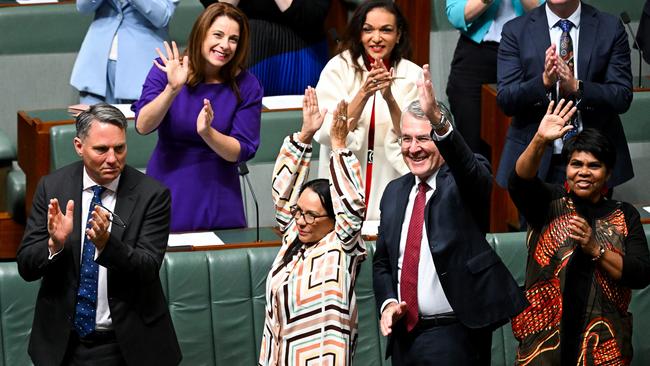
Parliament could give the voice the power to advise the states and territories on issues that affect Aboriginal and Torres Strait Islander people – such as alcohol restrictions in Alice Springs – as the Albanese government releases more detail on the broad scope of the advisory body.
The parliament would also make laws about the membership and structure of the Indigenous voice to parliament, including how members will be selected, the number of members, the length of their terms and any eligibility criteria to be a member.
The government’s Senate leader, Penny Wong, confirmed it planned to use the widely accepted “commonsense” three-part test generally applied by the commonwealth, which says a person must be Aboriginal and/or Torres Strait Islander, identifies as an Aboriginal and/or Torres Strait Islander person and is recognised and accepted by their community as such.
During what was labelled a “historic step towards a referendum”, with Attorney-General Mark Dreyfus introducing the government’s proposed constitutional amendment to parliament, he revealed the voice would be able to advise on matters specific to Indigenous people but also general laws or measures that affected them differently to other Australians.
Peter Dutton was not in the chamber when the Constitution alteration bill was introduced and launched a fresh attack against the voice, warning it could “disrupt” Australia’s “very stable system of government”.
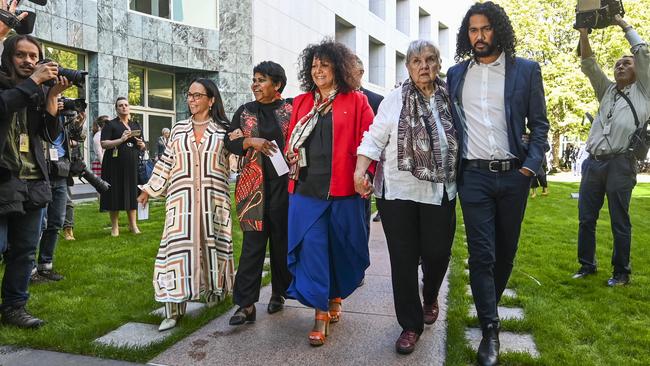
Raising new questions about how it would work, the Opposition Leader labelled the constitutional amendment the “most significant change” to the nation’s birth certificate since it was first drafted and slammed Anthony Albanese for refusing or being unable to provide details.
The explanatory memorandum said it would be able to make representations on a “broad range of matters”. It also confirmed the parliament would be able to make laws authorising the voice “to make representations to state or territory parliaments or governments”.
University of Sydney constitutional law expert Anne Twomey noted most laws that affected Aboriginal and Torres Strait Islander people were at a state or territory level.
“States and territories may also establish their own voice. At some stage the commonwealth parliament may wish to authorise the federal voice to speak to or co-ordinate with state or territory voices, or to provide representations to state or territory governments, if those governments request it to do so,” Professor Twomey said.
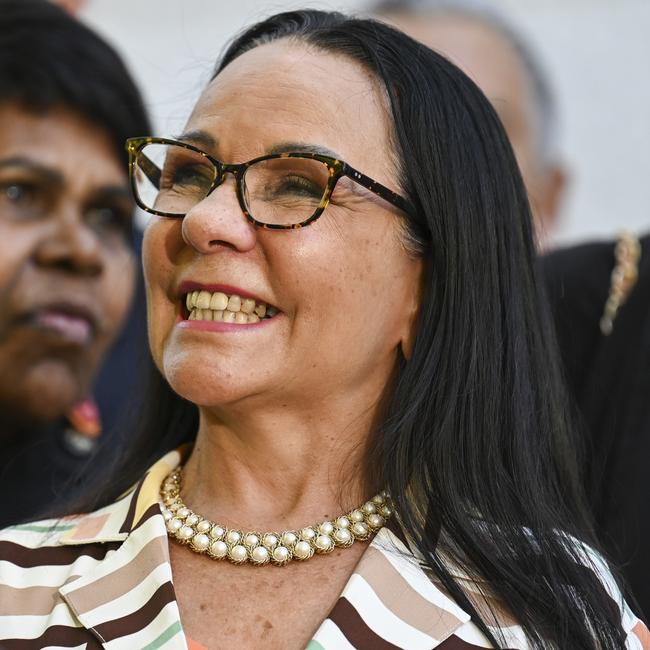
Declaring the voice was an important and “modest” reform that would not replace, direct or impede parliament and the executive government, Mr Dreyfus confirmed it would not have to wait for the parliament or executive to seek its views before providing them. Nor would the parliament or executive be obliged to consult the voice before taking action.
“(Clause two) sets out the primary function of the voice: making representations to the parliament and the executive government about matters relating to Aboriginal and Torres Strait Islander peoples,” Mr Dreyfus said.
“Matters relating to Aboriginal and Torres Strait Islander peoples would include: matters specific to Aboriginal and Torres Strait Islander peoples, and; matters relevant to the Australian community, including general laws or measures, but which affect Aboriginal and Torres Strait Islander peoples differently to other members of the … community.”
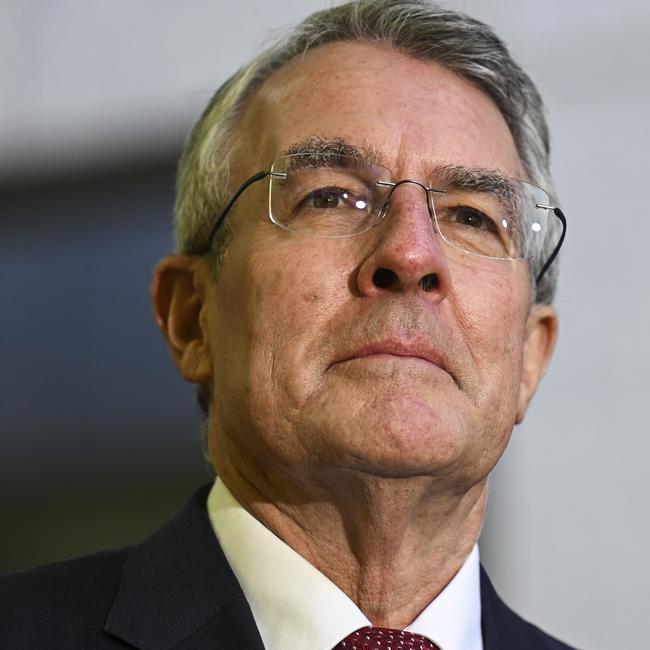
While the referendum working group’s design principles say members of the voice would be selected by Aboriginal and Torres Strait Islander communities, not appointed by the executive government, the explanatory memorandum clarifies they would be selected by Indigenous communities “by such means as the parliament specifies”.
A new parliamentary committee spanning both chambers and chaired by Labor has been established to scrutinise the government’s proposed constitutional amendment and referendum question over the next six weeks.
The Joint Select Committee on the Aboriginal and Torres Strait Islander Voice Referendum will consist of 13 members, including Nita Green, Jana Stewart, Linda White, Sharon Claydon, Peta Murphy, Shayne Neumann and Gordon Reid from the government, and Keith Wolahan, Andrew Bragg, Kerrynne Liddle and Pat Conaghan from the Coalition.
The crossbench members will be Dorinda Cox from the Greens and former Nationals MP Andrew Gee, who quit the party to become an independent over its opposition to the voice.
The committee will report by May 15, with Indigenous Australians Minister Linda Burney saying the government was “open” to changes to the amendment and question.
Ms Burney said the more than 60 members of the government’s referendum engagement group, many of whom were in the chamber for the bill’s introduction, came to Parliament House on Thursday “to say a simple word: ‘Yes’ ”.
“Yes to the Uluru Statement from the Heart. Yes to constitutional recognition. Yes to a voice to the parliament,” Ms Burney said. “Now, of course, there will always be those that seek to hold us back. Those doubters, those wreckers, they want to hold Australia back. Well, we want to take Australia forward. We want to take Australia forward more united, more hopeful and more reconciled than ever before.”
Mr Dutton questioned why there would be a six-month consultation period on the voice if and when the referendum were carried, rather than before Australians went to the polls.


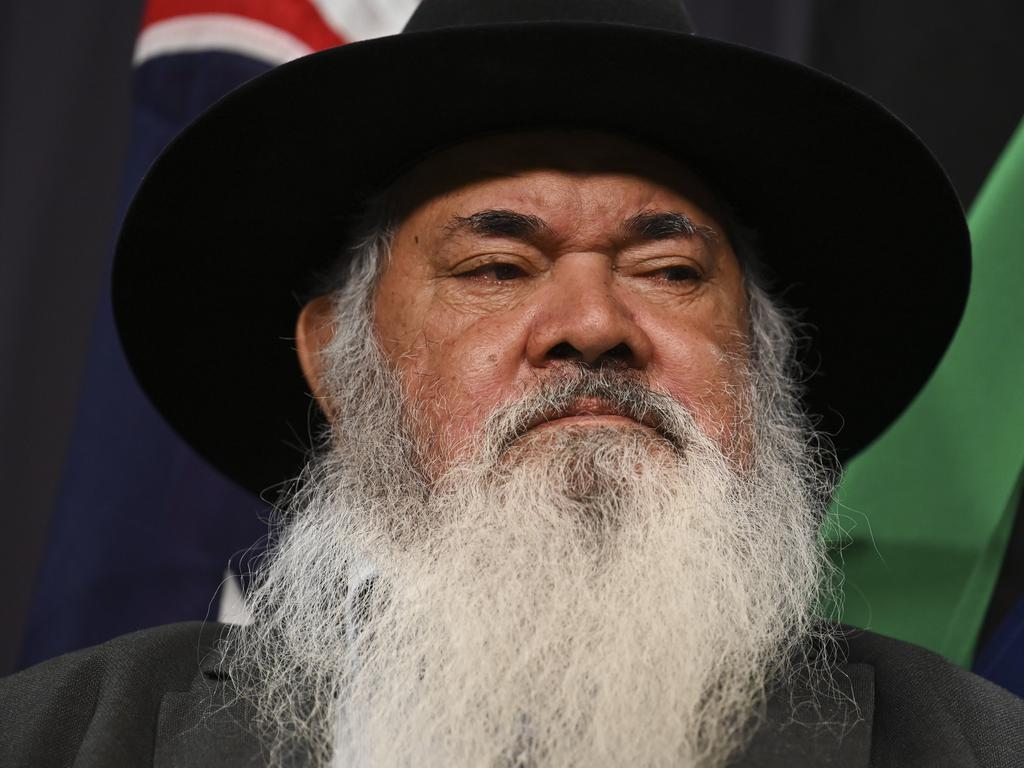
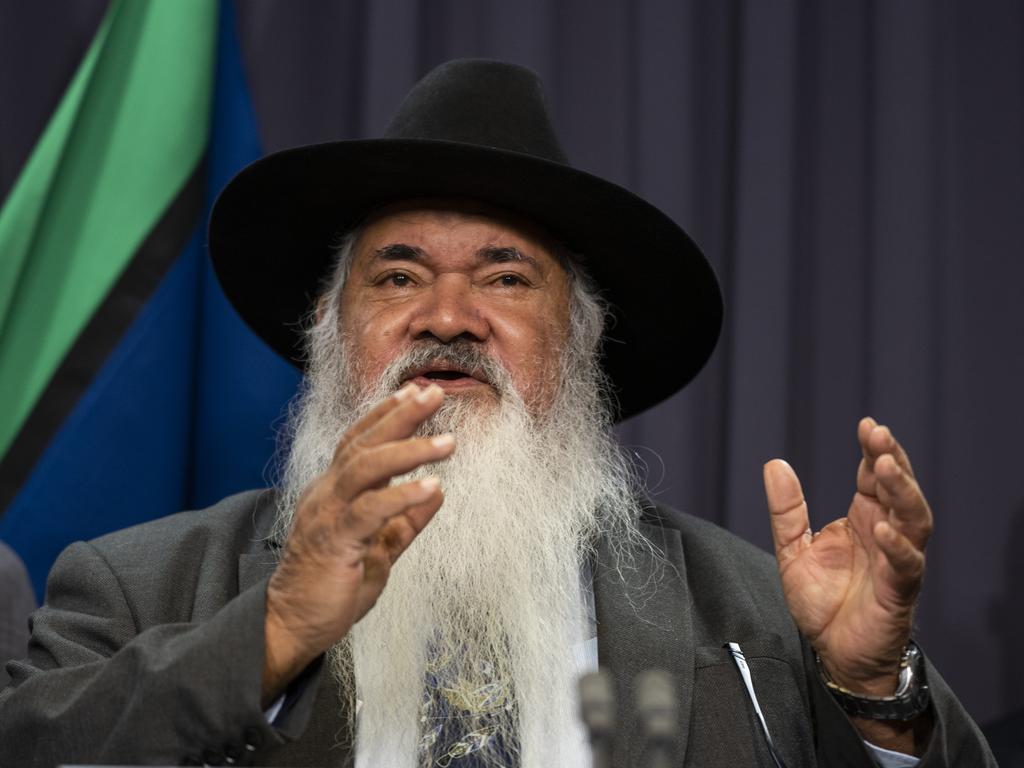

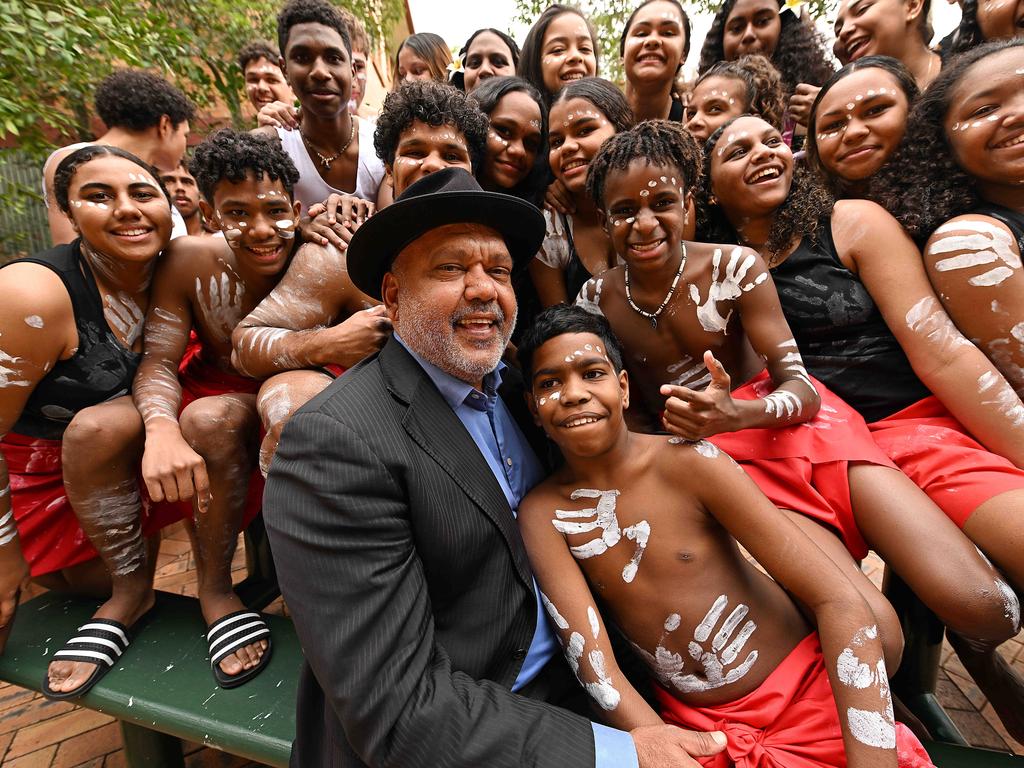


To join the conversation, please log in. Don't have an account? Register
Join the conversation, you are commenting as Logout